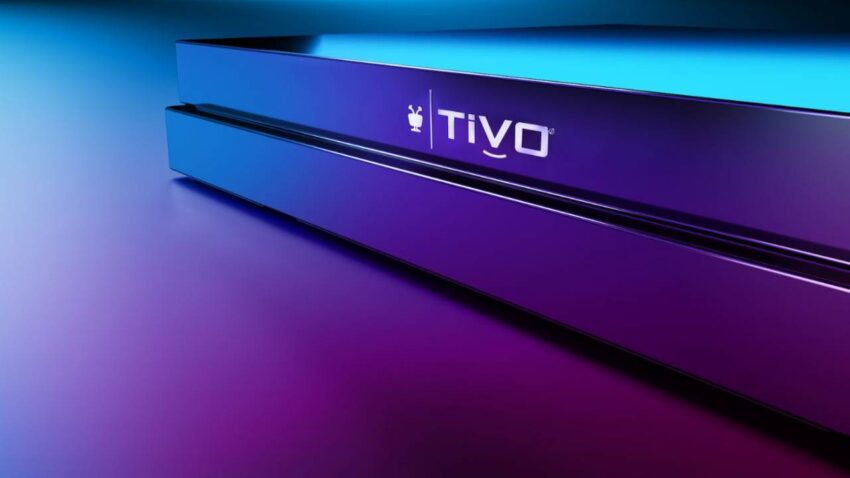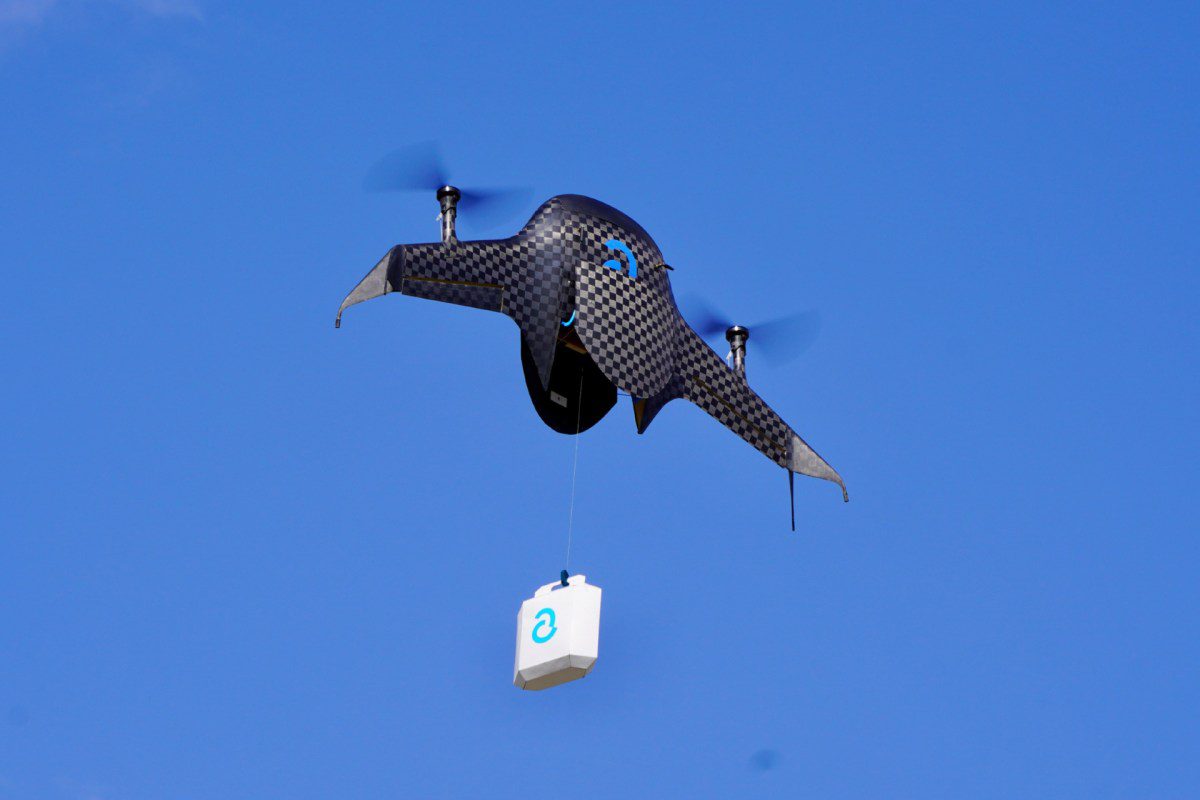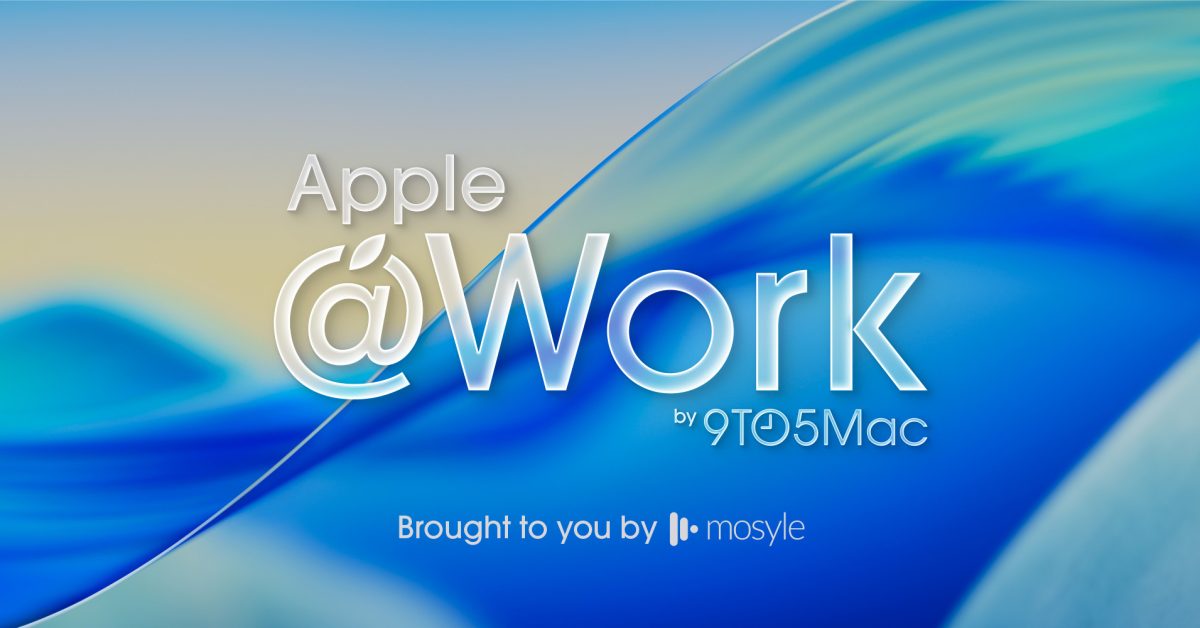
tivo no longer makes dvrs TiVo has officially ceased production of its digital video recorders (DVRs), marking a significant shift in the landscape of home entertainment technology.
tivo no longer makes dvrs
The End of an Era for TiVo
TiVo’s journey began in 1997 when it introduced the first commercially successful DVR, revolutionizing the way viewers consumed television. The device allowed users to record live TV, pause, rewind, and skip commercials, fundamentally changing viewing habits. However, after 26 years of innovation in the DVR space, TiVo has removed all DVR products from its website, confirming to industry publication Cord Cutters that it has officially stopped manufacturing DVR hardware.
<h3.Last DVR Release and Corporate Changes
The last DVR released by TiVo was the TiVo Edge in 2019. This model was designed to support 4K video and included advanced features such as voice control and integration with streaming services. However, despite these advancements, the demand for standalone DVRs has dwindled significantly in recent years. In June 2020, TiVo merged with Xperi, a software company, signaling a shift in focus from hardware to software solutions.
In a statement to Cord Cutters, TiVo confirmed, “As of September 30, 2025, TiVo will stop selling EDGE DVR products, including hardware and accessories, both online and through agents. TiVo, and its partners, no longer manufacture TiVo DVR hardware, and our remaining inventory is now depleted.” This announcement underscores the company’s transition away from hardware production as it adapts to changing consumer preferences.
Changing Landscape of Television Consumption
The decline of TiVo’s DVR business can be attributed to the rapid evolution of television consumption habits. The rise of streaming services such as Netflix, Hulu, and Amazon Prime Video has made on-demand viewing more accessible than ever. Viewers can now watch their favorite shows and movies without the need for a traditional DVR, as these platforms allow for instant access to content.
Impact of Streaming Services
Streaming services have not only changed how viewers consume content but have also influenced the way cable providers operate. Many cable companies have integrated cloud-based video recording functions into their set-top boxes, providing users with the ability to record shows without the need for a separate DVR device. This shift has further diminished the demand for standalone DVRs, as consumers find it more convenient to rely on their existing cable infrastructure.
Consumer Preferences
Consumer preferences have also evolved, with many viewers opting for subscription-based streaming services that offer flexibility and a vast library of content. The idea of recording shows for later viewing has become less appealing as viewers can binge-watch entire seasons at their convenience. As a result, the traditional DVR model has struggled to compete with the immediacy and convenience offered by streaming platforms.
TiVo’s New Direction
Despite the cessation of DVR hardware production, TiVo is not disappearing from the tech landscape. The company has pivoted to focus on software solutions, particularly for smart TVs and vehicle infotainment systems. This shift aligns with broader industry trends, as more devices become interconnected and reliant on advanced software capabilities.
Software Solutions for Smart TVs
TiVo’s software offerings are designed to enhance the user experience on smart TVs, providing features such as content discovery, personalized recommendations, and seamless integration with various streaming services. By focusing on software, TiVo aims to remain relevant in a rapidly changing market where hardware alone is no longer sufficient to meet consumer needs.
Vehicle Infotainment Systems
In addition to smart TVs, TiVo is also exploring opportunities in the automotive sector. As vehicles become increasingly connected, infotainment systems are evolving to offer more entertainment options for passengers. TiVo’s expertise in content management and user experience can be leveraged to create engaging infotainment solutions that cater to the needs of modern drivers and passengers.
Stakeholder Reactions
The decision to stop producing DVRs has elicited a range of reactions from industry stakeholders. Some industry experts view this move as a necessary adaptation to the changing landscape of television consumption. “TiVo was once synonymous with DVR technology, but the market has shifted dramatically,” said a technology analyst. “This pivot to software is a smart move for the company, allowing it to leverage its brand in new ways.”
On the other hand, longtime TiVo users may feel a sense of nostalgia as the company phases out its hardware products. TiVo has built a loyal customer base over the years, and many users have fond memories of using the device to record their favorite shows. The end of DVR production marks the conclusion of a significant chapter in the history of home entertainment technology.
Implications for the Future
TiVo’s decision to cease DVR hardware production raises questions about the future of similar technologies. As more consumers turn to streaming services and cloud-based solutions, other companies may also find it challenging to compete in the standalone DVR market. This trend could lead to further consolidation within the industry, as companies adapt to the changing demands of consumers.
Potential for Innovation
While the end of TiVo’s DVR production may signal a decline in traditional recording devices, it also opens the door for innovation in other areas. Companies that focus on enhancing the user experience through software, artificial intelligence, and machine learning may find new opportunities to engage consumers. For instance, personalized content recommendations powered by AI could become a standard feature across various platforms, improving user satisfaction and engagement.
Future of Content Consumption
The shift away from DVRs also reflects broader changes in how content is consumed. As viewers increasingly prioritize convenience and accessibility, the demand for traditional recording devices is likely to continue to decline. This trend may prompt content providers to explore new business models, such as ad-supported streaming services or subscription bundles that offer a mix of live and on-demand content.
Conclusion
TiVo’s decision to stop producing DVR hardware marks a significant turning point in the company’s history and the broader landscape of home entertainment technology. While the end of an era for TiVo may evoke nostalgia among longtime users, the company’s pivot to software solutions indicates a willingness to adapt to the changing demands of consumers. As the television industry continues to evolve, TiVo’s focus on software for smart TVs and vehicle infotainment systems may position it for success in a rapidly changing market.
Source: Original report
Was this helpful?
Last Modified: October 14, 2025 at 3:36 pm
1 views















